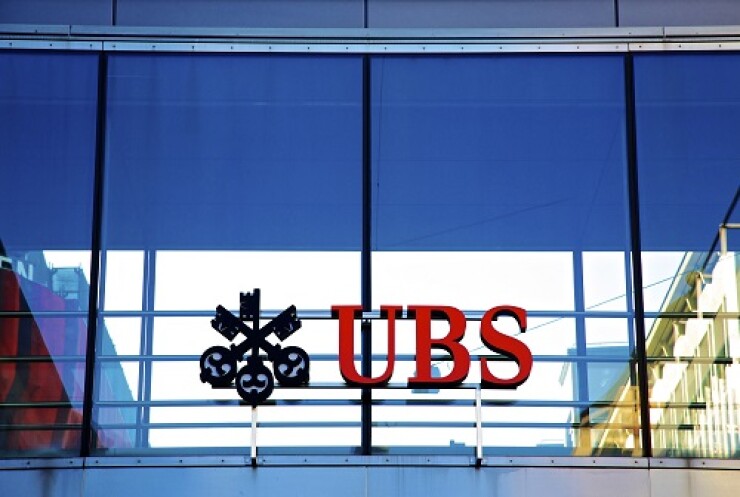The massive UBS and Wealthfront merger that
On Friday, officials from both companies announced that the Swiss bank's planned acquisition of the pioneering automated wealth management startup in a $1.4 billion all-cash deal has been terminated. The unexpected announcement may signal that UBS is rethinking how it will offer digital financial services to clients and that amid a challenging economy, previously announced high-price deals are vulnerable.
A UBS news release states that in lieu of the merger first announced in late January, UBS will purchase a $69.7 million note convertible into Wealthfront shares. The bank added that it remains "committed to its growth plans in the U.S. and will continue the build-out of its digital wealth management offering."
In a separate statement, Wealthfront CEO David Fortunato said the organization will remain an independent company and is continuing to explore ways to work with UBS.
"UBS has given us $70 million in financing at a $1.4 billion valuation. I am incredibly excited about Wealthfront's path forward as an independent company and am proud to share that thanks to the hard work of our team and the trust you put in us, we will be cash flow positive and EBITDA profitable in the next few months," Fortunato said in a statement.
"There's no doubt in my mind that we have pushed this industry to do better for the individual investor. While each year we get closer to achieving the mission we were founded on — democratizing access to sophisticated financial advice — there is still more work to do."
Fortunato's statement ended with a few remarks on the challenging economic environment.
"With this fresh round of funding under our belt along with the ability to begin self-funding the business, we are committed to building a lasting company that positively impacts the lives of our clients for decades to come," Fortunato said. "That's our promise to you and I can't wait for you to see what we'll be launching in the months ahead."
Wealthfront, which was founded as kaChing in 2008 in Palo Alto, California, has more than $27 billion in assets under management across 470,000 clients. The company's primary client base is millennial and Gen Z investors.
In November, the company
UBS originally planned to make Wealthfront the core of a new digital offering that would include access to human financial advisors. The bank intended to have Wealthfront expand its Workplace Wealth Solutions business, which provides employees of UBS's corporate clients with financial education, retirement programs and equity plan participation.
In an earnings call last February, UBS CEO Ralph Hamers said Wealthfront's technology could improve the digital experience of UBS's core wealth management business for high and ultrahigh net worth investors, and its institutional wealth business.
Hamers also expressed a desire to leverage Wealthfront's software development prowess by having programmers work on incorporating remote access to real advisors into Wealthfront's all-digital product.
"Their engineering culture will help us in how we deliver our services, both through Wealthfront's current proposition, but also for new propositions to come," Hamers said during the







